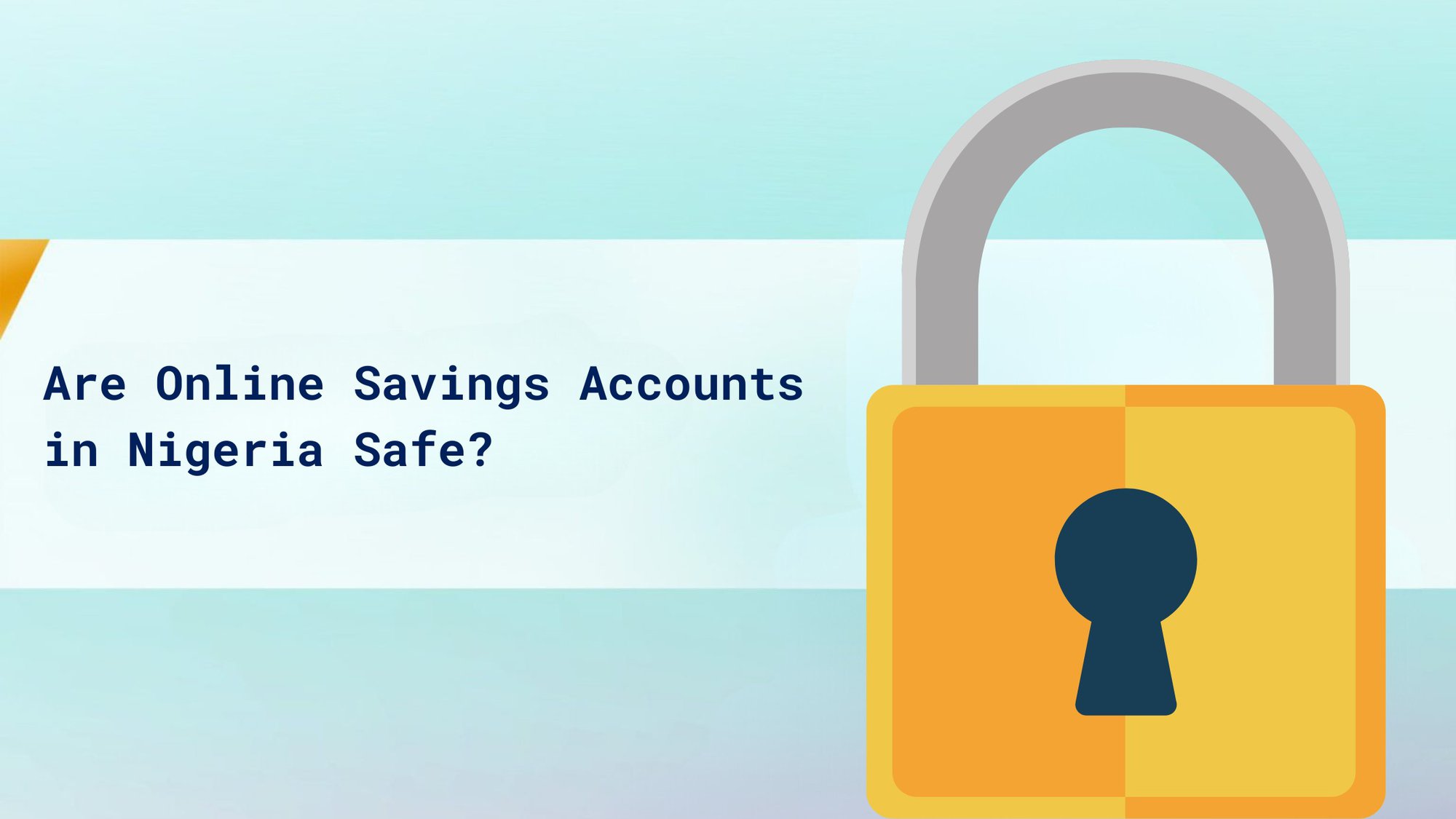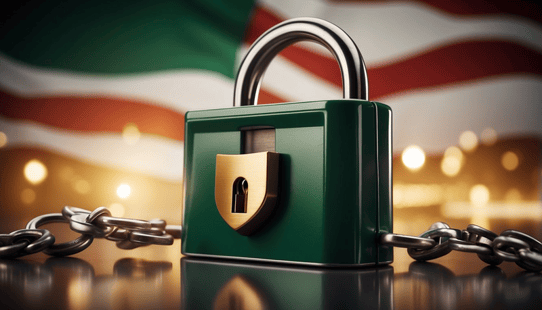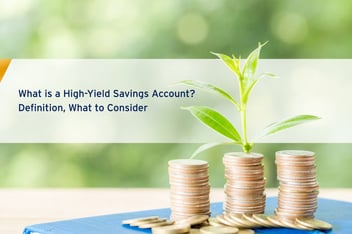
Are Online Savings Accounts in Nigeria Safe?
Author Taiwo Temitope-Adesope
Online savings accounts have become increasingly popular in Nigeria in recent years, as more people seek the convenience and flexibility they offer. However, with the rise of online banking, many Nigerians are wondering if these accounts are safe. The short answer is yes, online savings accounts in Nigeria are generally safe, but there are some important factors to consider.

First and foremost, it is important to choose a reputable financial institution when opening an online savings account. Look for a bank or other financial institution that is licensed by the Central Bank of Nigeria and has a good reputation for security and customer service. Additionally, make sure the institution offers deposit insurance, which will protect your money in the event of fraud or other issues.
Another important factor to consider when opening an online savings account in Nigeria is the security of the account itself. Look for a bank or financial institution that uses strong encryption and other security measures to protect your account information and transactions. Additionally, make sure you use strong passwords and take other steps to protect your account from unauthorized access. By following these guidelines, you can enjoy the convenience and flexibility of online savings accounts in Nigeria while keeping your money safe and secure.
Understanding Online Savings Accounts in Nigeria
Online savings accounts have become increasingly popular in Nigeria due to the convenience and accessibility they offer. In this section, we will explore the rise of digital banks and savings platforms, compare traditional and online savings accounts, and discuss interest rates and earnings on savings.
The Rise of Digital Banks and Savings Platforms
Digital banks and savings platforms have become increasingly prevalent in Nigeria over the past few years. These platforms, such as Kuda Bank, Wema Bank, ALAT, PiggyVest, and Cowrywise, offer users the ability to open savings accounts online and manage their finances from their mobile devices.
One of the main advantages of digital banks and savings platforms is the convenience they offer. Users can open accounts and manage their finances without having to visit a physical bank branch. Additionally, many digital banks and savings platforms offer features such as budgeting tools, automatic savings plans, and competitive interest rates.
Comparing Traditional and Online Savings Accounts
While traditional banks and online savings platforms both offer savings accounts, there are some key differences between the two.
Traditional banks typically require users to visit a physical branch to open an account and manage their finances. They may also have higher fees and lower interest rates than online savings platforms. However, traditional banks may offer additional services such as loans, credit cards, and investment opportunities.
Online savings platforms, on the other hand, offer users the ability to manage their finances entirely online. They may have lower fees and higher interest rates than traditional banks, but they may not offer the same range of services.
Interest Rates and Earnings on Savings
Interest rates are an important factor to consider when choosing a savings account. Online savings platforms often offer higher interest rates than traditional banks, but it's important to read the fine print to understand any fees or restrictions that may apply.
For example, Cowrywise offers interest rates of up to 15% per annum on its savings accounts, while ALAT offers up to 10% per annum. However, both platforms have minimum balance requirements and may charge fees for certain transactions.
Overall, online savings accounts in Nigeria can be a safe and convenient way to manage your finances. However, it's important to do your research and choose a reputable platform that meets your needs.
Safety and Security Measures
When it comes to online savings accounts in Nigeria, safety and security are paramount. Fortunately, there are several measures in place to ensure that your money is protected. In this section, we will discuss the regulatory framework, technological safeguards, and best practices for safeguarding your online savings.
Regulatory Framework and Deposit Insurance
The Nigerian Deposit Insurance Corporation (NDIC) is responsible for insuring deposits in Nigerian banks. This means that if your bank fails, you will be reimbursed up to a certain amount. The current deposit insurance limit is N500,000 per depositor per bank. This provides a safety net for depositors and helps to promote financial stability in the country.
Technological Safeguards and Customer Service
Online banking and mobile banking platforms have several technological safeguards in place to protect your money. These include encryption, firewalls, and multi-factor authentication. Additionally, customer service representatives are available to assist you with any issues or concerns you may have. If you notice any suspicious activity on your account, it is important to contact your bank immediately.
Best Practices for Safeguarding Your Online Savings
While online savings accounts in Nigeria are generally safe, there are several best practices you can follow to further safeguard your money. These include:
● Choosing a reputable savings platform in Nigeria that is regulated by the Central Bank of Nigeria (CBN).
● Using strong and unique passwords for your online accounts.
● Enabling two-factor authentication for added security.
● Regularly monitor your account for any suspicious activity.
● Keeping your computer and mobile device up-to-date with the latest security software.
By following these best practices, you can help to ensure that your online savings in Nigeria are safe and secure.
Frequently Asked Questions
What measures do Nigerian banks take to protect online savings accounts?
Nigerian banks have implemented various measures to ensure the safety of online savings accounts. They use advanced encryption techniques to secure their online platforms and protect customer data. Additionally, they have implemented two-factor authentication, which requires users to provide a password and a unique code sent to their registered mobile number before accessing their accounts. Banks also monitor accounts for suspicious activity and notify customers of any unusual transactions.
What should customers do to safeguard their online savings accounts from cyber threats?
Customers can take several steps to safeguard their online savings accounts from cyber threats. They should use strong passwords and change them regularly. They should also avoid using public Wi-Fi networks when accessing their accounts. Customers should also be cautious of phishing scams, which involve fraudsters posing as legitimate companies to obtain sensitive information. Finally, customers should regularly monitor their accounts for any unauthorized activity.
About Author

Taiwo Temitope-Adesope
Taiwo is a passionate storyteller and strategist dedicated to empowering women and crafting compelling narratives. A First-Class graduate in Mass Communication from Covenant University, she specializes in writing, public relations, and digital marketing. As a Content Manager at Suretree, she drove a 50% increase in web traffic through SEO and boosted website engagement by 60% in just four months. Her leadership experience includes serving as Public Relations Officer for the Covenant University Student Council and contributing to impactful volunteer initiatives. With expertise in strategic thinking and business acumen, Taiwo continues to create stories that inspire confidence and imagination.









